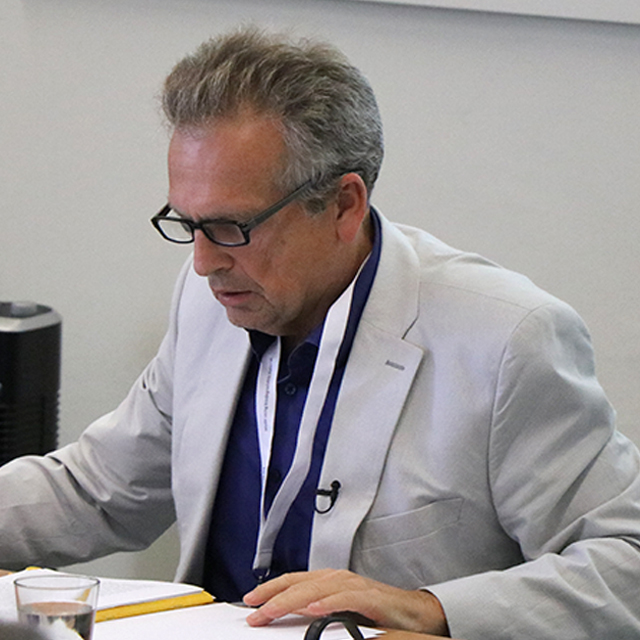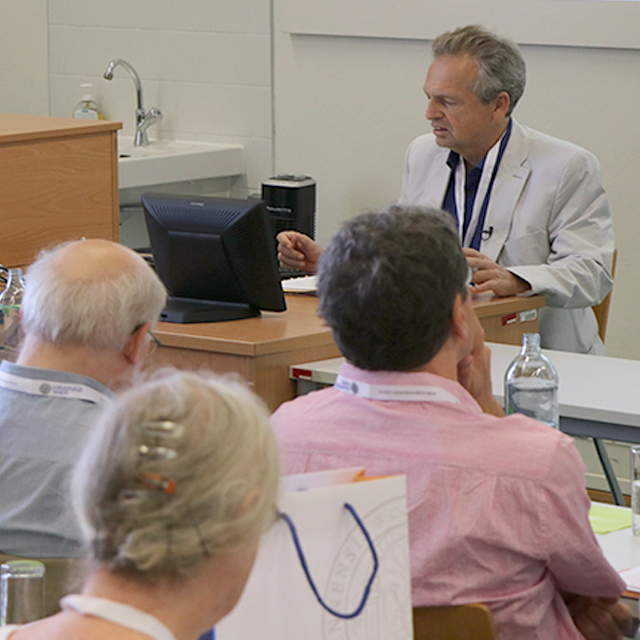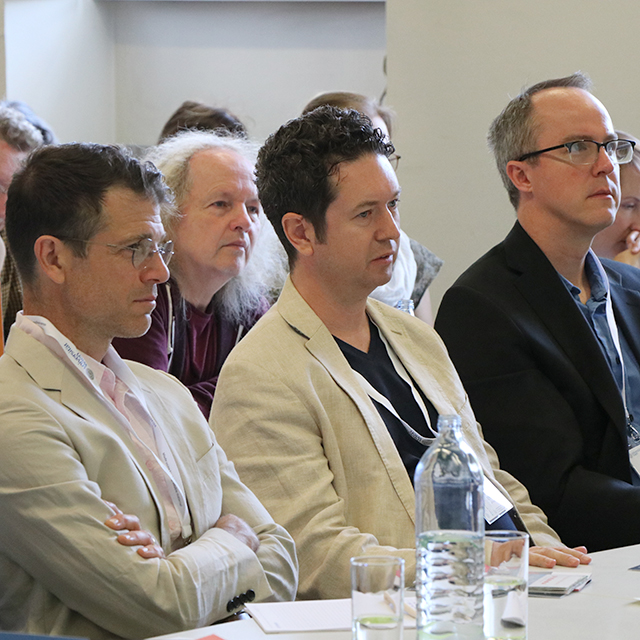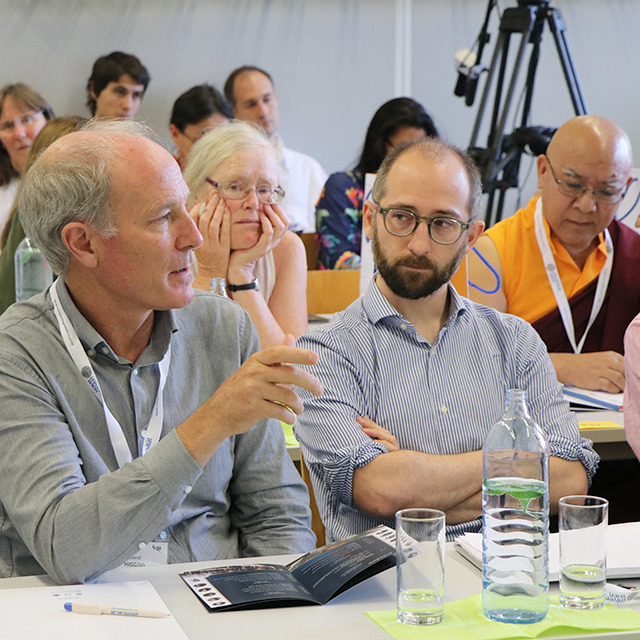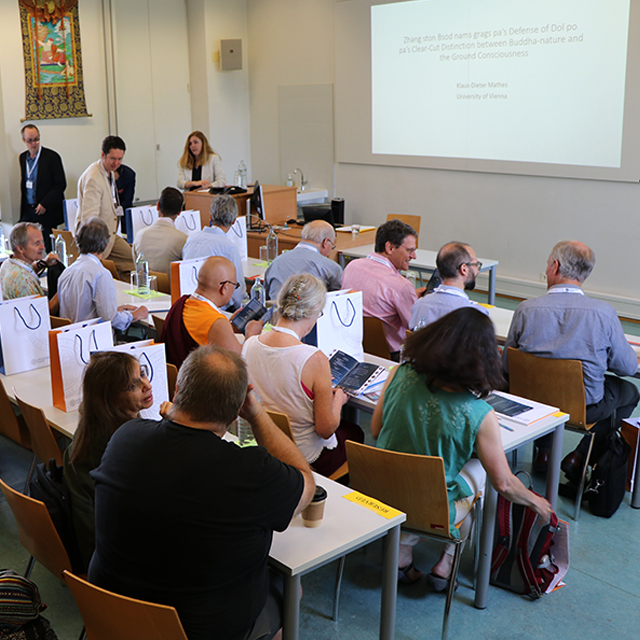Zhang ston Bsod nams grags pa’s Defense of Dol po pa’s Clear-Cut Distinction between Buddha Nature and the Ground Consciousness
Dol po pa Shes rab rgyal mtshan’s (1292-1361) doctrinal position is well known for its clear-cut distinction between an ultimate, unconditioned buddha-nature, which is identical with the ultimate and buddhahood, and the conditioned ground consciousness (ālayavijñāna), including all saṃsāric states of mind emerging from it. This strict distinction excludes from the ultimate anything dependently arisen. Dol po pa’s disciple Zhang ston Bsod nams grags pa (1292-1370) defends his master’s view by addressing opposing statements in the Laṅkāvatārasūtra and the Gaṇḍavyūhasūtra that equate buddha-nature with the ground consciousness. Zhang ston’s discussion constitutes the major part of the introduction to his commentary on the Tathāgatagarbhasūtra, and is in large part also contained in his Ratnagotravibhāga commentary.
In the present paper it will be shown how Zhang ston elaborates, on the basis of numerous passages from the Maitreya Works, the Avikalpapraveśadhāraṇī, the Anūnatvāpūrṇatvanirdeśa, and even other parts of the Laṅkāvatārasūtra itself, that one faces eight undesired consequences if one does not strictly differentiate buddha-nature from the ground consciousness. Zhang ston not only argues against a position that I could identify in ‘Gos Lo tsā ba gZhon nu dpal’s (1392-1481) Ratnagotravibhāga commentary, i.e., an exegetical system that regards buddha-nature and adventitious stains as not ontologically different, any more than ocean water and its waves are, but also the Third Karma pa Rang byung rdo rje’s (1284-1339) Yogācāra-based distinction between the ground consciousness and the pure mind (i.e., the equivalent of buddha-nature) that accepts within the basis of negation a dependently arising perfect nature.
Event: Vienna Symposium 2019 – Paper Presentation
Date: July 17, 2019 – 9:00 am
Speaker: Klaus-Dieter Mathes
Topics: Buddha Nature, Dolpopa Sherab Gyaltsen, Ground Consciousness, Shentong

Klaus-Dieter Mathes
University of Vienna
Prof. Dr. Klaus-Dieter Mathes is the Head of the Department of South Asian, Tibetan and Buddhist Studies at the University of Vienna. His current research deals with Tibetan Madhyamaka, Yogācāra and the interpretations of Buddha nature from the 14th to the 16th century. He obtained a Ph.D. from Marburg University with a study of the Yogācāra text Dharmadharmatāvibhāga (published in 1996 in the series Indica et Tibetica). His habilitation thesis was published by Wisdom Publications under the title A Direct Path to the Buddha Within: Gö Lotsawa´s Mahāmudrā Interpretation of the Ratnagotravibhāga (Boston: 2008). Recent publications include The Other Emptiness: Rethinking the Zhentong Buddhist Discourse in Tibet (SUNY, 2019) and A Fine Blend of Mahāmudrā and Madhyamaka. Maitrīpa's Collection of Texts on Non-conceptual Realization (Amanasikāra) (Vienna, 2015). He is also a regular contributor to the Journal of the International Association of Buddhist Studies.

